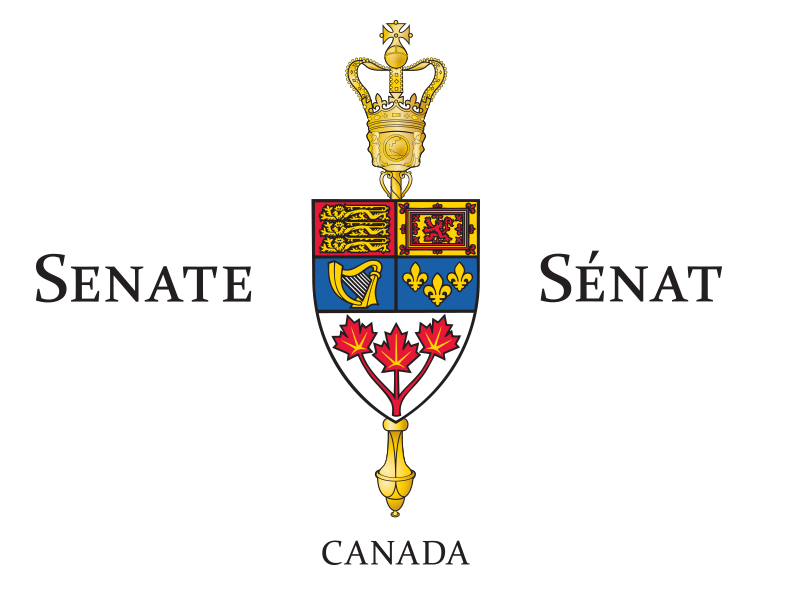Senator Patti LaBoucane-Benson
Senator Patti LaBoucane-Benson is a Métis from Treaty 6 territory in Alberta. Her 30-year career has been dedicated to serving her community in Alberta, across Canada and around the world—as the director of a Boys and Girls Club in St. Paul in 1990, through 23 years of service at Native Counselling Services of Alberta (NCSA), and Conference Director and Lead Facilitator of the Nelson Mandela Dialogues in Canada, an international gathering of freedom fighters that took place on Enoch Cree Nation in 2017.
Patti’s research for her PhD in Human Ecology (University of Alberta) focused on how Indigenous families and communities experience their own resilience in response to multiple forms of trauma. Her lifelong work has become an extended conversation about healing from historic trauma.
Patti’s perspectives on this conversation are rooted in her transformative experiences of the Cree ceremony. The Elders’ teachings of kindness, respect, humility, and honesty have informed her life as well as her research into best practices for Indigenous offender healing, domestic violence, and historic trauma-informed service delivery. Her most recent research bridges neuroscience and Indigenous knowledge of child development, as well as finding common ground between Western and Indigenous water science.
As a recognized catalyst for change, Dr. LaBoucane-Benson was appointed to Alberta Ministerial Panel for Child Intervention (2017-18) that resulted in Bill 18: Child Protection and Accountability Act. The primary focus of the panel was reducing the overrepresentation of Indigenous children in care in Alberta.
Patti brought her PhD research to life through a work of creative non-fiction, an award-winning graphic novel—The Outside Circle (House of Anansi, 2015)—that tells the story of an inner-city Aboriginal family who transcend poverty, gang affiliation, and hopelessness. Her teaching materials are used in classrooms across Canada and in training sessions for professionals.
Dr. LaBoucane-Benson continues to share her knowledge of healing from historic trauma with educators, healthcare professionals, lawyers and policy makers, as well as Indigenous communities. She believes that healing and reconciliation dialogue is the way forward in Canada, with focus on surfacing the common ground between Western and Indigenous people. The best, most useful policy and legislation will reflect this shared space that unites us as a society.







